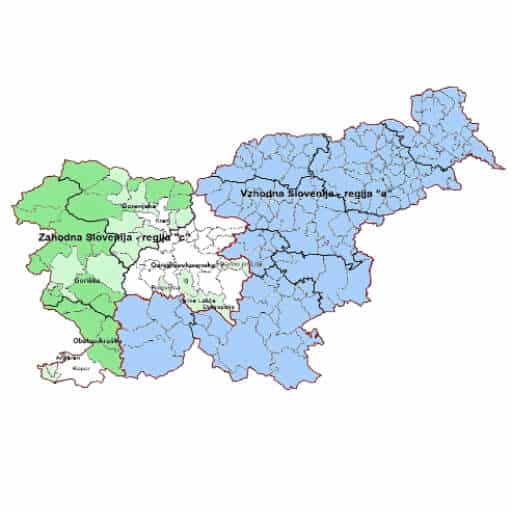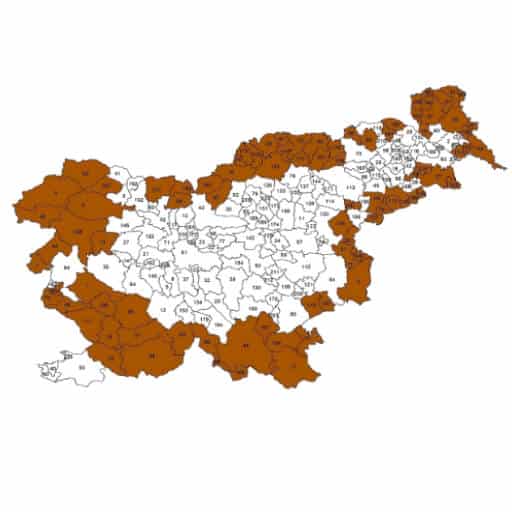Have you ever wondered how you can reduce your carbon footprint? Or how to enhance energy and material efficiency without compromising the quality of a product?
In a world where sustainability is increasingly at the forefront, companies are becoming more aware of the importance of these questions. Understanding and managing the environmental impacts of production is essential for success in the modern business environment. This is where LCA analysis comes in.
What is LCA Analysis?
LCA analysis, also known as Life Cycle Assessment, is a comprehensive approach to assessing the environmental impacts of a product or service throughout its entire life cycle. This encompasses everything from raw material extraction, production, distribution, usage and maintenance, to recycling or disposal.
It allows for both quantitative and qualitative analysis of various environmental aspects such as energy and material consumption, greenhouse gas emissions, water usage, and waste generation. With this, one can better understand where the most significant environmental impacts occur in the life cycle of a product or service and how they can be reduced.
The image below represents a generic life cycle of a product or service.

Why Opt for LCA Analysis?
With a well-executed LCA analysis and its interpretation, businesses can improve their products and services to be more sustainably oriented. If we don’t provide objective tracking and measurements throughout the entire value chain in our company, making rational and more effective decisions becomes challenging.
It’s worth noting that an increasing number of tenders (e.g., RRI and RNP) for non-refundable funds require evidence of reduced environmental impact and improved material and energy efficiency. By conducting an LCA analysis, businesses can more easily meet these requirements and obtain financial support.
LCA analysis forms the foundational basis for O-LCA (Organizational Life Cycle Assessment). This is crucial for the development of a sustainable ESG strategy (Environmental, Social, and Governance) and for the preparation of the associated ESG report.
From an external perspective:
- Product validation: Basic knowledge about LCA is essential for obtaining environmental certificates such as the environmental declaration or EPD.
- Promotion: LCA analysis findings can be strategically used for market positioning, enhancing brand recognition and power in eco-conscious markets.
- Stakeholders: LCA aids in strengthening brand reputation and deepening ties with various institutions and partners.
- Advantage in green public procurement.
From an internal perspective:
- Eco-design: LCA serves as a vital information base in designing or adapting products, focusing particularly on environmental aspects.
- Cost optimization: With LCC (Life Cycle Costing), it is possible to identify less efficient processes or segments where significant savings can be achieved, such as reduced raw material consumption, waste reduction, or decreased greenhouse gas emissions.
LCA analysis isn’t just a tool for assessing the environmental impact of products, but also a key element for sustainable business operations.
Need support applying for grants?
Trust us with your project and together we'll make sure you get the best outcome.


